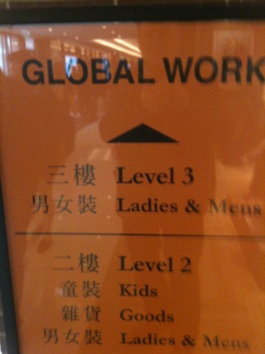Project – C. Levisen
Language ideologies in tourism industry workplaces, a case study of Port Vila, Vanuatu
The tourism industry is a fertile ground for the study of language ideologies – the commercial organization and operation of vacations and visits to “foreign” places is inherently linked with experiences of transient communication, with multilingual settings, and with various folk conceptions of language. Traditional European-tinged tourism discourses were rooted in ideologies of “banal nationalism”, i.e. a strong link between language and nation. While ideologies founded on the ‘one nation, one language’ principle are still dominant in some sectors of tourism, globalization appears to have caused important changes in one of the most stereotypically “national” of all arenas in the corporate world. New Englishes, English creoles, ELF, and English-enhanced semi-communication are changing the nature of both language in tourism and the ideologies embedded in tourism discourse.
This case study investigates language ideologies in tourism industry workplaces in Port Vila, Vanuatu’s capital. The aim of the study is to shed new light on how language ideologies work in highly multilingual settings, where the use of makeshift languages has been culturally endorsed for centuries. Vanuatu is a postcolonial nation-state in the Pacific with an economy wholly depending on tourism. The sociolinguistic milieu in Vanuatu is very different from the Danish context: approximately 100 different Oceanic languages are spoken in the capital, along with a creole language, Bislama, which serves a national means of inter-ethnic communication. English and Chinese are the main business languages. French and English dominate the education system. English, French and Bislama are all recognized national languages in the constitution of Vanuatu. The study will help advance our understanding of the diversity of language ideologies in a globalized world. It challenges the newly recognized superdiversity in Europe and offers insight on how a nation’s capacity for multilingualism can be unlocked and utilized in the context of the workplace and society at large.
Carsten Levisen
Associate Professor, RUC
Research methods
A combination of three methods will be applied:
• Cultural-semantic methods, in order to understand the folk concepts of ‘languages’, ‘people’, ‘places’, and ‘emotions’ embedded in local discourse.
• Sociolinguistic interviews with key people in tourism workplaces, i.e. business owners, managers, workers, stakeholders, and tourists.
• Linguistic landscaping methods to document the signs in urban Port Vila: the texts in the streetscape, especially the ones targeting tourists.
In March 2015, Port Vila was hit by a horrendous cyclone, which left 80% of the buildings in the city destroyed. While the citizens coped well with the event itself, the aftermath has proven more difficult, partly because tourism has gone down, and the primary source of income has disappeared. In this context, a new study on language ideologies in tourism discourse would be of benefit to the community in Port Vila. As a part of the subproject, a booklet will be produced in cooperation with a local teacher, in which the results of this research are communicated to a broader public.


